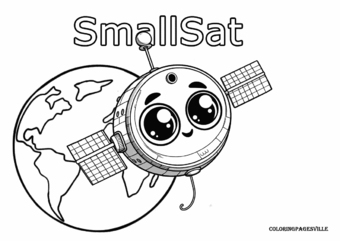
Unicorn Wars is, at first blush, the sort of animated escapade you might expect to be narrated by a cheerful woodland creature extolling the virtues of rainbow friendship. But, as is often the case in these sorts of things, it quickly devolves into a war-torn fever dream involving anthropomorphic teddy bears, unicorns and an alarming amount of existential angst. The bears stumble across an ancient and rather inconveniently placed book that bestows upon them the twin gifts of sentience and hubris. Naturally, they decide the best way to celebrate this newfound enlightenment is by chopping down the mystical forest of the unicorns to make way for their vision of progress—because nothing says "civilization" like deforestation.
The unicorns retaliate in spectacularly horned fashion. What unfolds is not so much a moral tale as a colorful explosion of fur, glitter and ominous prophecies about drinking unicorn blood to summon some sort of godlike being. It’s the kind of narrative twist that would leave most children either wide-eyed with fascination or deeply confused about their next trip to the zoo. However, lurking beneath the chaos is a surprisingly sharp commentary on the consequences of shortsighted ambition and the eternal struggle between industrial progress and the natural world—though it’s delivered with all the subtlety of a rainbow-colored hammer.
For the younger audience, Unicorn Wars might serve as a sort of psychedelic morality play. It raises big questions about responsibility, perspective and whether ancient prophecies are ever a good idea (spoiler: they’re not). It also provides ample opportunity for parents to have awkward conversations about ecology, conflict resolution and why teddy bears shouldn’t drink blood, even if it’s prophetic. All in all, it’s less of a typical cartoon and more of a cosmic absurdity with an eco-friendly agenda—sort of like Watership Down but with a lot more glitter and a lot less restraint.
The unicorns retaliate in spectacularly horned fashion. What unfolds is not so much a moral tale as a colorful explosion of fur, glitter and ominous prophecies about drinking unicorn blood to summon some sort of godlike being. It’s the kind of narrative twist that would leave most children either wide-eyed with fascination or deeply confused about their next trip to the zoo. However, lurking beneath the chaos is a surprisingly sharp commentary on the consequences of shortsighted ambition and the eternal struggle between industrial progress and the natural world—though it’s delivered with all the subtlety of a rainbow-colored hammer.
For the younger audience, Unicorn Wars might serve as a sort of psychedelic morality play. It raises big questions about responsibility, perspective and whether ancient prophecies are ever a good idea (spoiler: they’re not). It also provides ample opportunity for parents to have awkward conversations about ecology, conflict resolution and why teddy bears shouldn’t drink blood, even if it’s prophetic. All in all, it’s less of a typical cartoon and more of a cosmic absurdity with an eco-friendly agenda—sort of like Watership Down but with a lot more glitter and a lot less restraint.
Add comment

